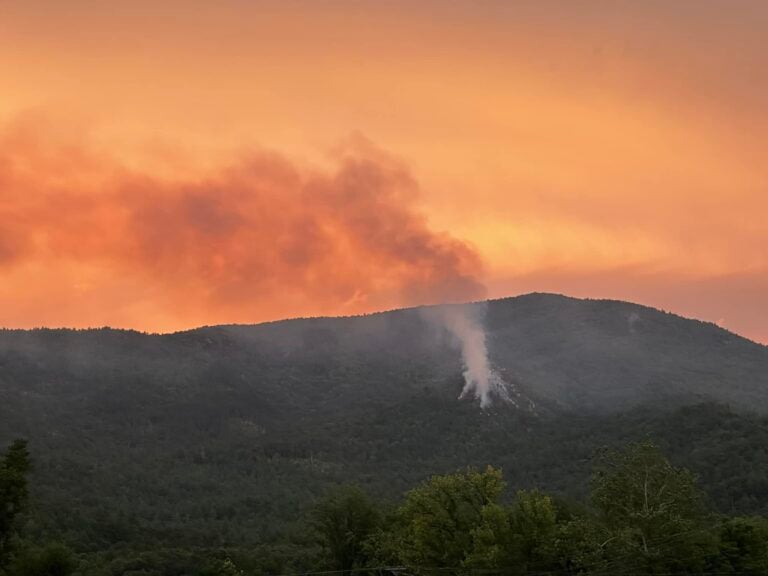Governments consider adding extinct wooly mammoth to endangered species list to slow ivory smuggling
For the first time ever, governments are considering adding an extinct animal to the endangered species listing. The wooly mammoth has been dead for thousands of years but government conservationists are proposing to register the animal under Appendix II of the Convention on International Trade in Endangered Species of Wild Flora and Fauna (CITES). Most involved agree the action is technically allowed under the rules of the convention. The unorthodox move is being made in an attempt to protect elephants. Wildlife authorities report that smugglers try to pass African elephant ivory off as wooly mammoth ivory in an attempt to trick authorities. That won’t be so easy if the wooly mammoth ivory trade is regulated. The proposal will likely be considered at the next CITES gathering, which has not yet been scheduled.
It’s now legal to compost a human body in Washington State
If you want to truly return to the earth after your death, Washington State is the place to kick the bucket. The state just became the first to legalize human composting. The law, which goes into effect in 2020, recognizes “natural organic reduction,” sometimes also called liquid cremation, as a legal means of disposing of human bodies. The process, called Recompose, involves using wood chips, straw, and other materials to turn the body into rich, odorless soil that passes all state and federal guidelines.
More pollution by toxic substances found at Duke coal ash sites
According to disclosures required by federal law, Duke Energy has shared for the first time that more toxic chemicals are polluting the water at Duke coal ash sites in North Carolina. Duke has disclosed that it is exceeding federal groundwater protection standards for the following toxic substances at these coal ash lagoons: mercury at Belews Creek in Stokes County; barium at Marshall on Lake Norman; and lithium, radium 226, and radium 228 at Roxboro in Person County. The disclosure means that the toxins released from Duke’s coal ash sites are even worse than first reported. Despite the toxic mix of chemicals leaking into North Carolina’s water, Duke Energy wants to leave coal ash in unlined pits at six sites.








